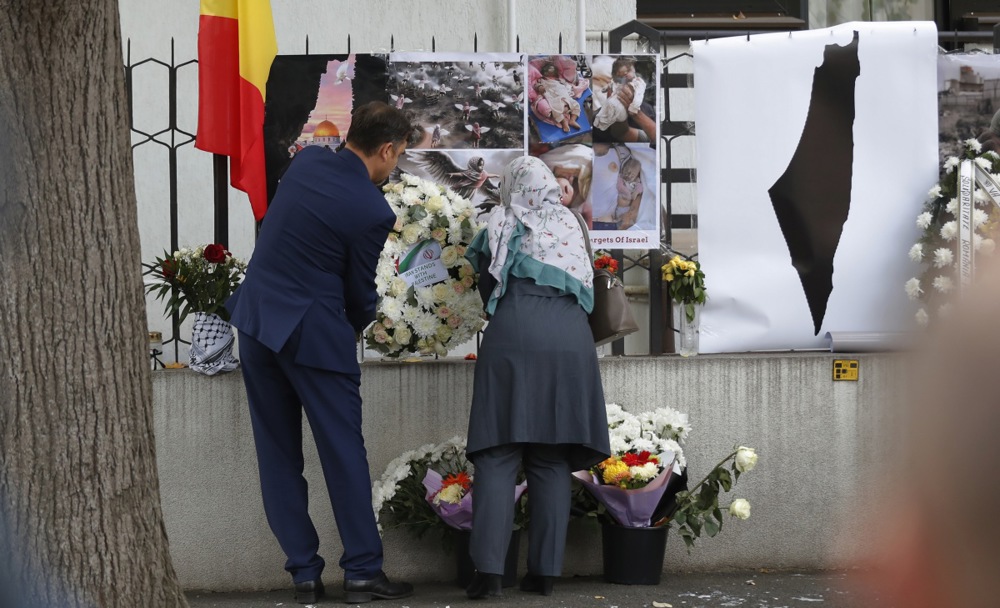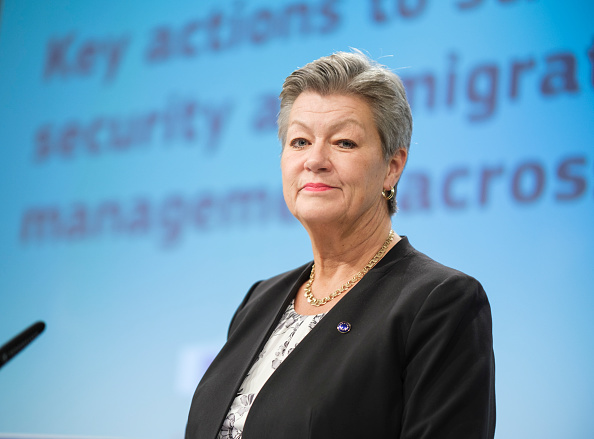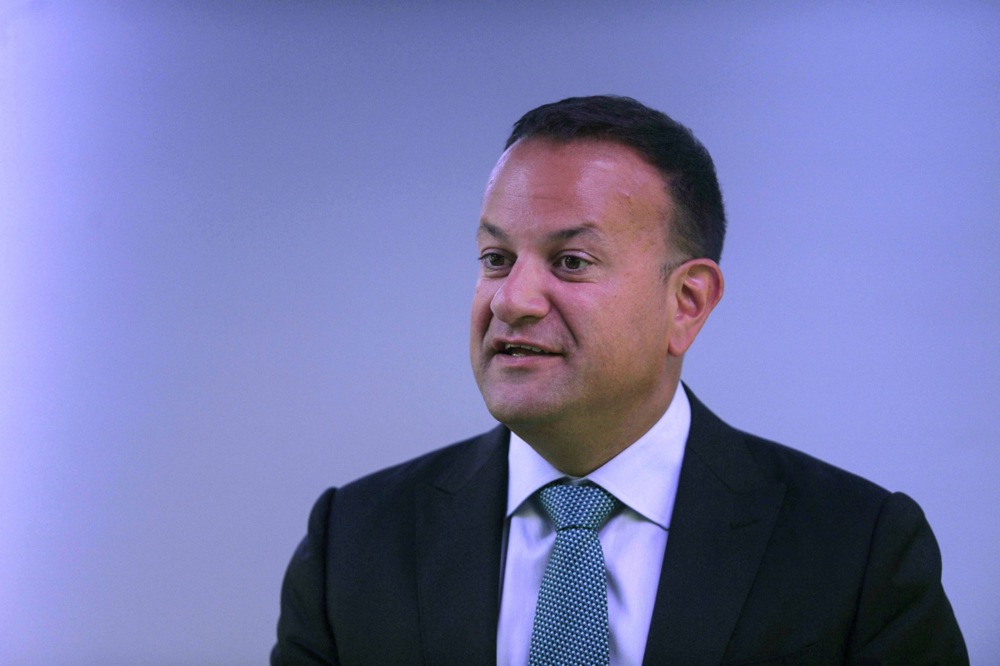In Bulgaria’s seventh major election in a rocky two years, its two government power-sharing partners are now squaring up in run-off municipal elections on November 5 – ones that have already seen the capital Sofia flip parties for the first time in 18 years.
The junior partner’s expected decisive victory will likely endanger their rickety partnership. The centrist, anti-corruption PP (We Continue the Change) has shared power with the Conservative-populist GERB (Citizens for European Development of Bulgaria) since June.
The election “definitely puts tension” on the power sharing deal, Bulgarian journalist Svetoslav Todorov told Brussels Signal.
“It feels like a make or break moment,” both for the GERB and the “GERB/PP’s odd, arranged marriage,” he said.
The PP are “sort of a reformist internal opposition”, he said, but “if GERB lose the main towns, that’s a major break in their dominance in municipalities and therefore, funds and money”.
This much already has happened – in Sofia, at least.
In the first round of elections on October 29, the PP’s pro-western tech entrepreneur Vassil Terziev received 32 per cent of the vote, ahead of the Socialist Party’s Russia-friendly Vanya Grigorova, who is critical of sanctions on Moscow, with 19 per cent.
The GERB’s candidate, television journalist Antbulgbbbbuogaria
bbbulgbbon Hekimyan, was knocked into third with 17 per cent.
That ended 18 years of consecutive GERB rule in the capital, spanning mayors Boyko Borissov, who afterwards became prime minister, and four-time mayor Yordanka Fandakova.
GERB’s loss after nearly two decades explains “why Boyko Borisov is furious and now backing the Socialists”, said one international observer of the elections.
Bulgaria’s current Prime Minister, PP member Nikolay Denkov, is expected to step down in favour of GERB’s Mariya Gabriel in March as part of their coalition deal.
Denkov’s government has so far focused on fighting Russian influence in Bulgaria’s security sector.
His other goals are joining the Schengen Area and euro.
Austria and the Netherlands blocked Bulgarian membership in the Schengen zone in December and the country’s political crisis has led it to postpone adopting the euro until 2025.
Political stability is vital to achieve each of these goals, many believe.
“Voters have understood that the power sharing arrangement with GERB and PP/DB is the only viable solution at the moment to advance Bulgaria on a path toward more Euro-Atlantic integration,” said Gretta Fenner, managing director of the Basel Institute on Governance.
The latest elections, like Bulgaria’s previous ones, have also seen widespread controversy over voting irregularities and allegations of fraud.
In Sofia’s 2019 mayoral elections, won by the GERB’s Yordanka Fandakova, 660,000 ballots were ruled invalid.
The country has moved towards voting machines in a bid to crack down on voting irregularities, although the Central Election Committee ruled in a last-minute decision on October 27 that they could not be used.
Denkov has been a strong supporter of the voting machines, while the GERB and Movement for Rights and Freedoms (largely representing Bulgaria’s Turkish minority) have opposed them.
A widespread view is that the GERB and MFRF do not like them “as the whole digital thing confuses their plans to buy votes in smaller towns and villages or their people at the section throwing away the votes in the bin”, said Todorov.
There are indications, according to observers, that this election has not been entirely fraud free either.
MFRF leader Delyna Peevski “and his friends are clearly freaking out about the results and panicking, and they are once again showing that they shy away from no measure to protect their power,” said the international observer.
Exit polls in Sofia showed Terziev polling around 40 per cent, while in official results he received 32 per cent.
The election’s first round had over 550,000 spoiled ballots, amounting to 20 per cent of the total vote.
“In ‘normal’ countries this would immediately bring out calls for voiding the election and re-starting,” the international observer said.





